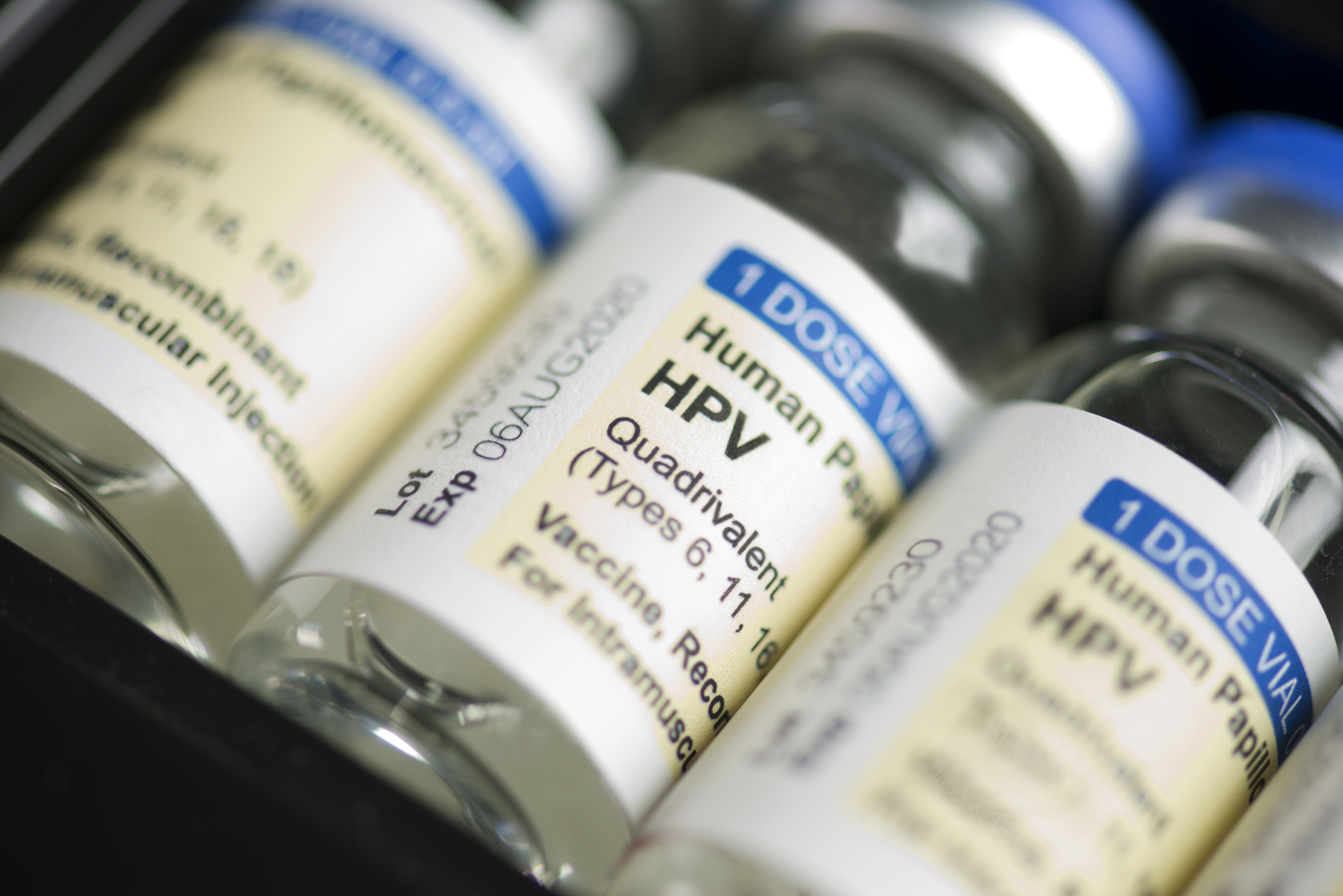
If there was a safe and effective vaccine to prevent certain common types of cancer, would you want your child to have it?
Most parents would answer with a resounding yes, yet only two-thirds of adolescents have had at least one dose of the cancer-preventing Human papillomavirus (HPV) vaccine. HPV causes approximately 33,700 cancers in the United States each year among both men and women. These include 12,900 throat cancers, 10,800 cervical cancers and 6,000 anal cancers. The reasons for the lackluster vaccination rate are largely based on misinformation or a lack of understanding.
Sometimes parents reject the HPV vaccine saying that cancer doesn’t run in their family or genes. They don’t understand that HPV is an infection that causes cancer. HPV spreads easily, and infection can occur with any intimate activity — not just intercourse. Many don’t realize that HPV infections are common because 90 percent of the time it resolves without symptoms or treatment. Truth be told, 80 percent of people will have at least one sexually transmitted HPV during their lifetime.
Some parents put off vaccination until their child is sexually active. Unfortunately, that may be too late. The vaccine can only prevent infection; it doesn’t treat infection or cancer. It only takes “once” to catch HPV. Parents feel like they have time because the decades that it takes an HPV infection to develop into cancer obscures the connection between the cancer and activities during youth. While it’s true that pap smears detect HPV infections progressing toward cervical cancer, treatment of such lesions is an ordeal. Moreover, screening for precancerous anal and throat lesions is difficult and not typically done. Prevention is much easier.
Other parents decline vaccination because they believe that it will encourage sexual activity. Studies indicate that vaccinated teens are no more likely to be sexually experienced than their unvaccinated peers. Parents who fear that vaccination conveys to their child that it’s OK to go out and have sex should communicate to their child otherwise. Those who feel that fear of HPV will keep their child from having sex are mistaken. Teens have always had sex, even when faced with the risks of HIV and pregnancy. Adolescent sexual behavior is complex and not deterred by vaccination.
The current HPV vaccine, Gardasil-9, is recommended at 11 to 12 years of age but can be given as early as age 9. Younger individuals have a more robust immune response, so those who receive the first dose before their 15th birthday need only two doses. Others require three doses. Both males and females should have the vaccine up through 26 years of age.
Recently, the vaccine was approved for adults 27 through 45 years of age. Adults in long-term, mutually monogamous relationships aren’t at risk for new HPV infections and don’t need vaccination. However, sexually active adults in new or non-monogamous relationships are at risk for new HPV infections and should talk to their doctor about vaccination.
Vaccine Smarts is written by Sealy Institute for Vaccine Sciences faculty members Drs. Megan Berman, an associate professor of internal medicine, and Richard Rupp, a professor of pediatrics at the University of Texas Medical Branch. For questions about vaccines, email vaccine.smarts@utmb.edu
by DRS. MEGAN BERMAN AND RICHARD RUPP
Also see:
General Academic Pediatrics at UTMB Health Pediatrics